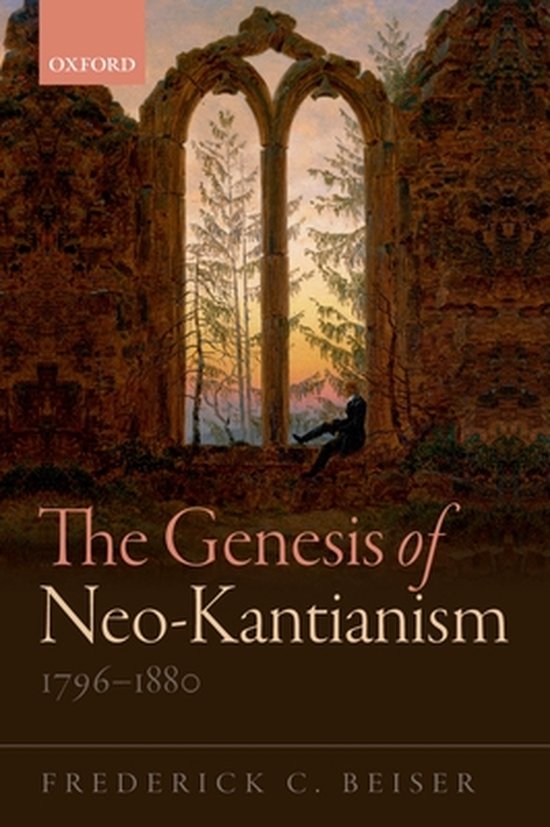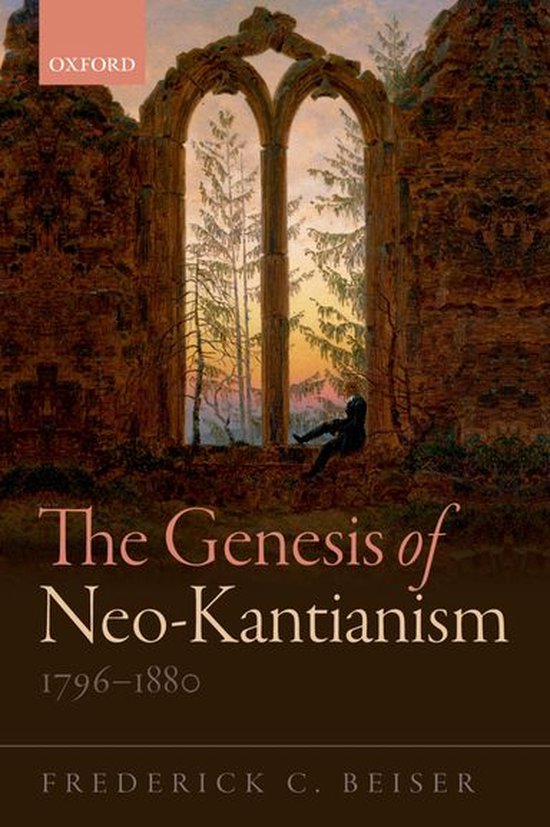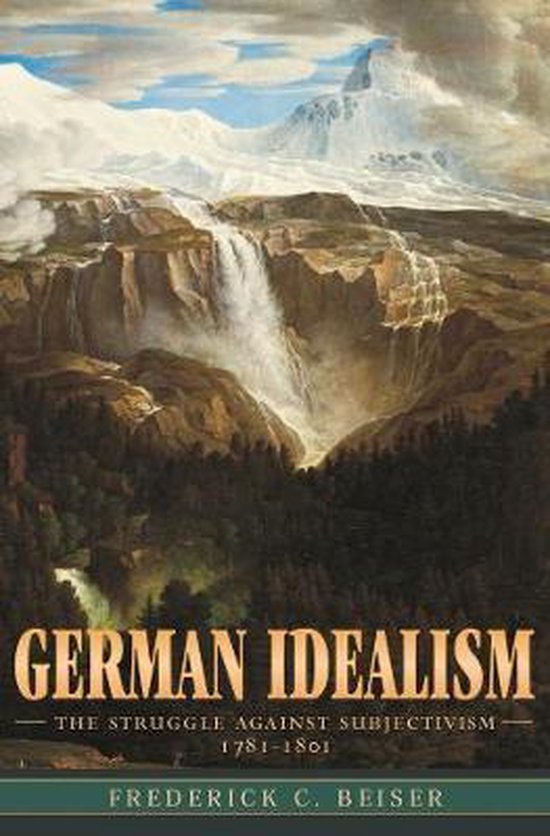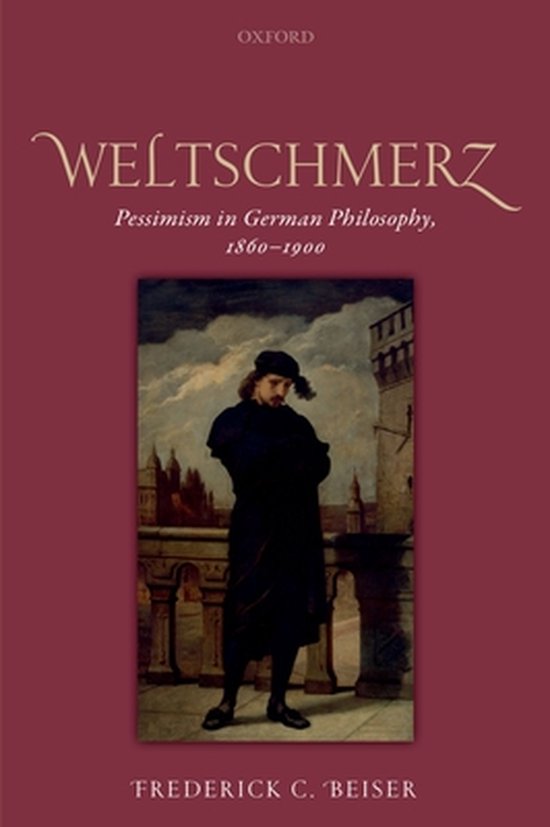
Genesis of Neo-Kantianism, 1796-1880
Neo-Kantianism was an important movement in German philosophy of the late 19th century: Frederick Beiser traces its development back to the late 18th century, and explains its rise as a response to three major developments in German culture: the collapse of speculative idealism; the materialism controversy; and the identity crisis of philosophy.
Frederick C. Beiser tells the story of the emergence of neo-Kantianism from the late 1790s until the 1880s. He focuses on neo-Kantianism before official or familiar neo-Kantianism, i.e., before the formation of the various schools of neo-Kantianism in the 1880s and 1890s (which included the Marburg school, the Southwestern school, and the Göttingen school). Beiser argues that the source of neo-Kantianism lies in three crucial but neglected figures: Jakob Friedrich Fries,
Frederick C. Beiser tells the story of the emergence of neo-Kantianism from the late 1790s until the 1880s. He focuses on neo-Kantianism before official or familiar neo-Kantianism, i.e., before the formation of the various schools of neo-Kantianism in the 1880s and 1890s (which included the Marburg school, the Southwestern school, and the Göttingen school). Beiser argues that the source of neo-Kantianism lies in three crucial but neglected figures: Jakob Friedrich Fries,
| Auteur | | Frederick C. Beiser |
| Taal | | Engels |
| Type | | Paperback |
| Categorie | | Mens & Maatschappij |





